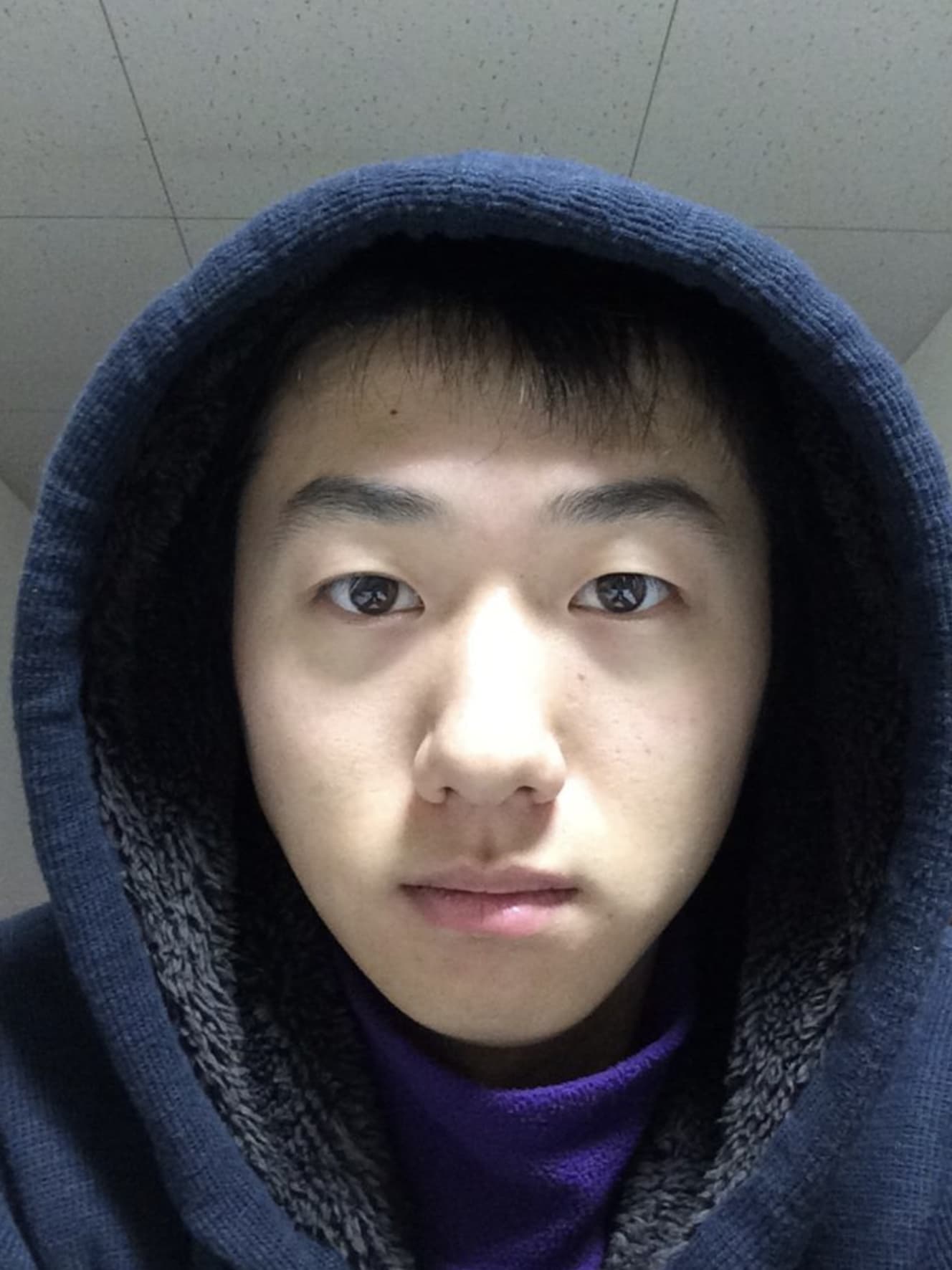Chinese Tourist Arrested for Indecent Assault on Woman in Asakusa’s Nakamise

Grabbing the left breast firmly.
The first trial of Zhang Weixiong, a 33-year-old Chinese national (at the time of arrest), accused of non-consensual indecent assault for touching the chest of a woman in her 20s on the street, was held at the Tokyo District Court on December 4.
“A bug is on my back. A bug got into my clothes.”
According to the indictment, in June of this year, the defendant Zhang approached a 21-year-old woman on the street of Nakamise-dori in Asakusa, Tokyo, using the above words. He then put her in a state where it was difficult for her to fully resist (while she was able to express her unwillingness to engage in sexual acts, it was challenging for her to act on that intent). He proceeded to insert his hand into her clothing and firmly grab her left breast.
“Zhang had come to Japan with his family for sightseeing. After similar incidents were reported, the police conducted an investigation and found Zhang captured on nearby surveillance cameras. At the time of his arrest, he reportedly denied the charges, stating, ‘I have no recollection of this,'” said a national newspaper’s social affairs reporter.
Zhang appeared in court wearing a gray sweatsuit, with the word “ASAKUSA” printed in Roman letters on his back. His strikingly large, double-lidded eyes lacked vitality, reflecting signs of exhaustion. Appearing not to understand Japanese, the trial was conducted with an interpreter. After the prosecution read out the indictment, Zhang admitted, “That is correct,” and hung his head.
“This case has also garnered reactions on Chinese social media, where Zhang has been harshly criticized with strong words like national disgrace and shameful. The trial has drawn significant attention, and among the spectators was a student from Hong Kong, who remarked, ‘It’s a rare case that’s causing criticism in China,'” said a social affairs reporter familiar with Chinese affairs.
Incidents involving Chinese nationals in Japan have been on the rise. In May, a Chinese video streamer using the account name “Ironhead” filmed himself spraying the word “Toilet” in red paint on the nameplate (a large stone monument bearing the shrine’s name) at Yasukuni Shrine. He also made gestures mimicking urination. The video was shared widely on Chinese social media, where some voices even hailed him as a hero, saying, “Well done! A true hero!”
Chinese social networking sites are also tending to criticize criminals in Japan
“On November 29, the first trial of Jiang Zhuojun, a 29-year-old Chinese national, was held at the Tokyo District Court. Jiang was arrested and indicted on charges of property damage and desecration of a place of worship, in conspiracy with ‘Ironhead’ and others. According to the prosecution’s opening statement, Jiang sympathized with Ironhead’s anti-Japanese activities. He played a supporting role by purchasing the spray paint used for the graffiti and driving Ironhead to Yasukuni Shrine,” said the aforementioned reporter.
While Jiang admitted to the charges, he claimed that the graffiti was a protest against the discharge of treated water from the Fukushima Daiichi Nuclear Power Plant into the ocean. He glanced around the courtroom with a defiant smile and took the opportunity to assert his stance.
“The prosecution pointed out that Jiang sympathized with ‘Ironhead’s’ anti-Japanese activities and had a strong admiration for him. His statements seemed to be aimed at legitimizing his actions, and it was clear that he was aware of the reaction on Chinese social media.
While it is true that some on social media view anti-Japanese actions as heroic, there has been a noticeable increase in comments such as ‘Criminals should be properly punished’ and ‘He is undoubtedly a disgrace to China,'” said an expert familiar with Chinese social media.
The more such crimes increase, the more the Japan-China relationship will suffer, and only the well-behaved Chinese travelers will be affected. They must realize this.
